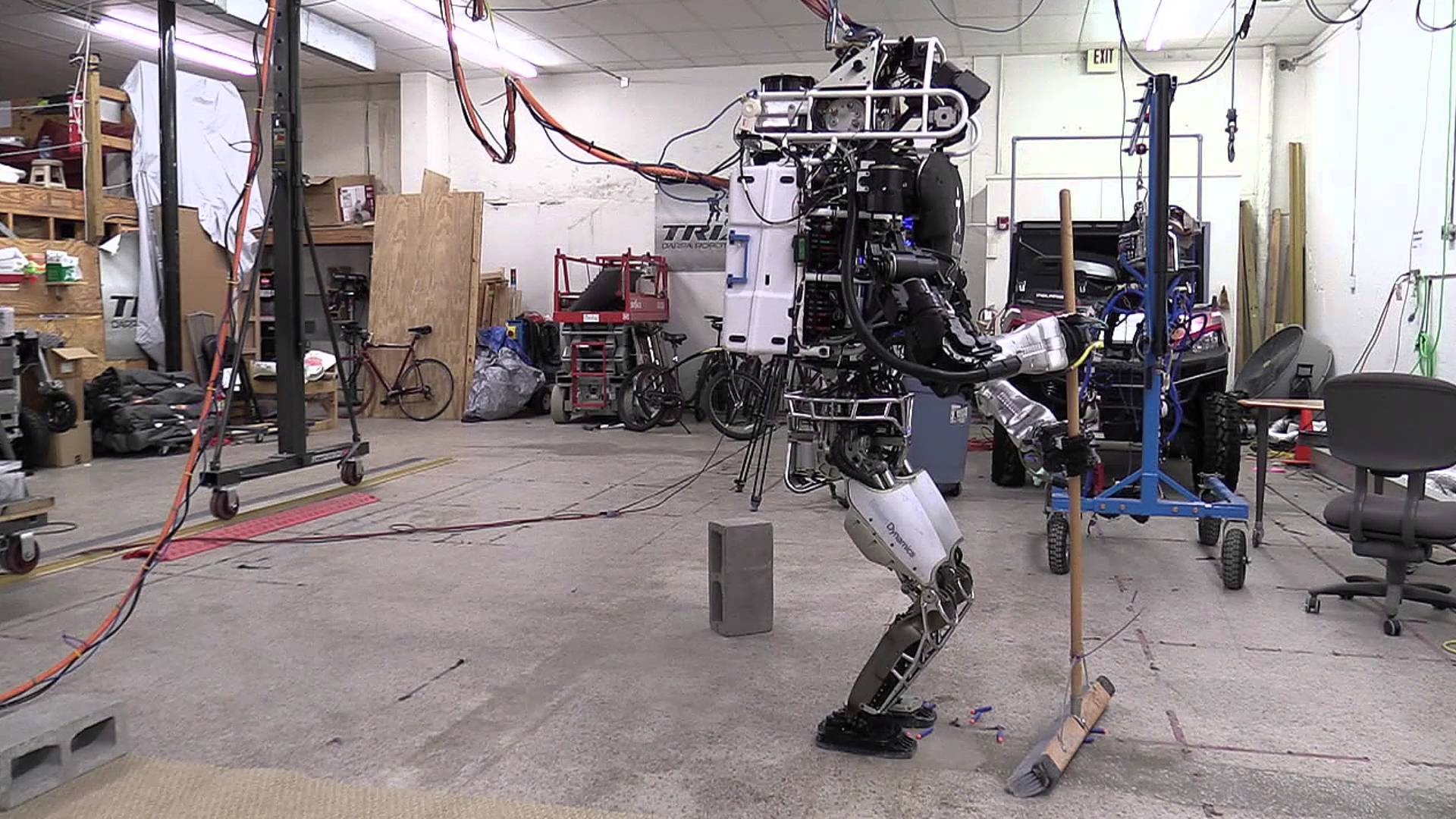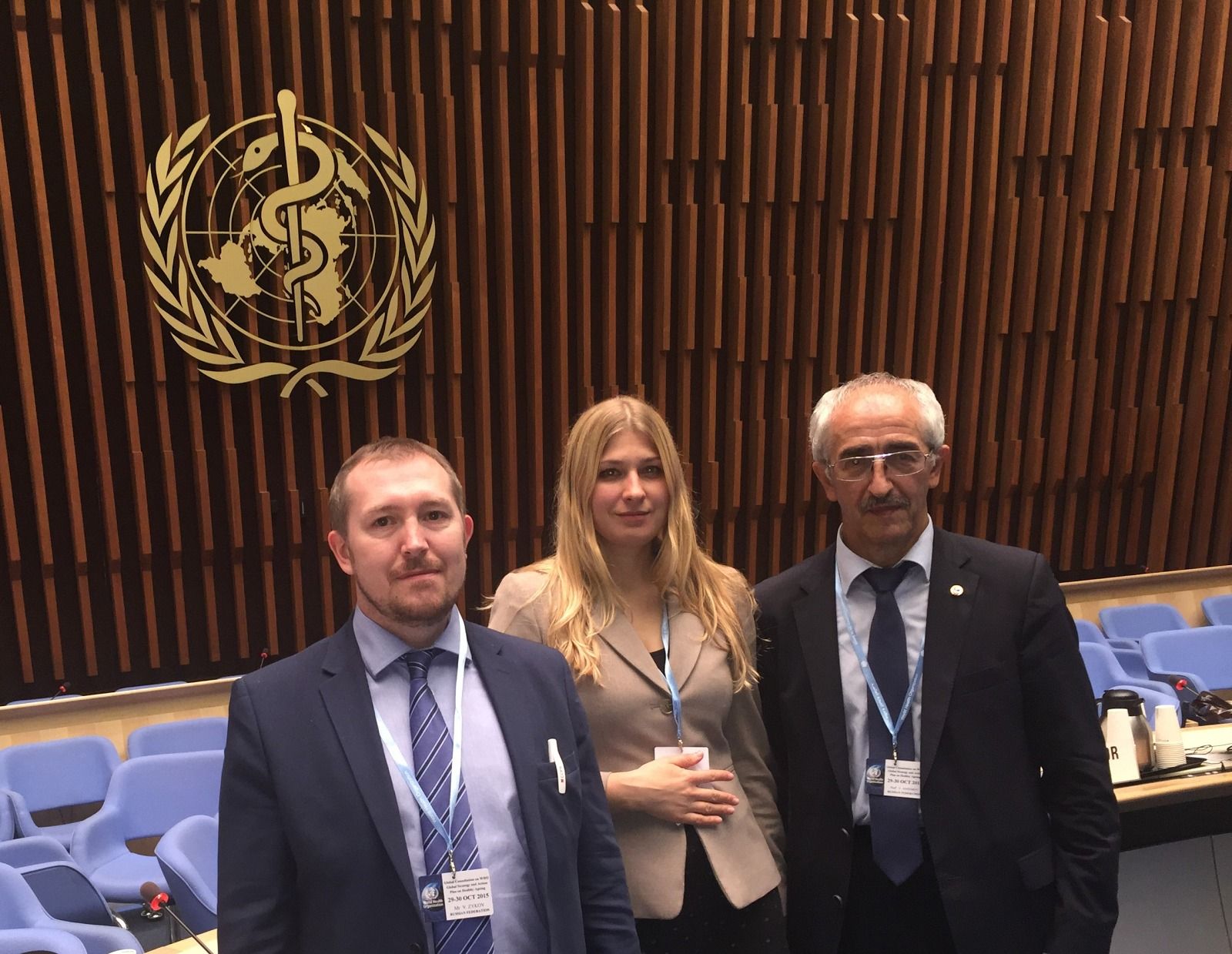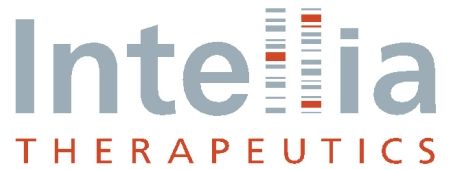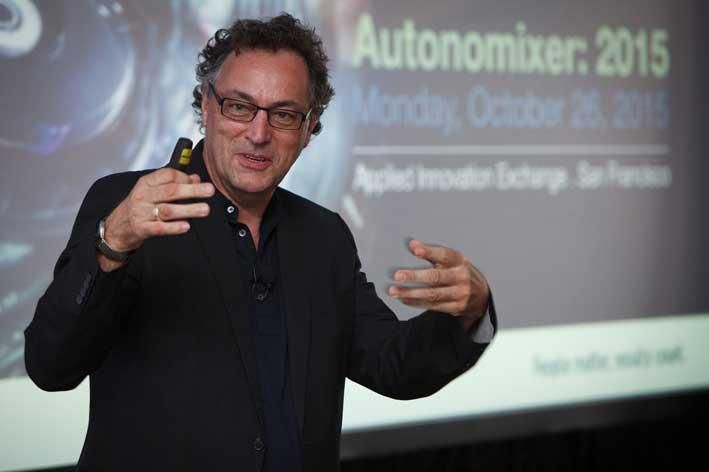Page 11528
Jan 16, 2016
IHMC’s ATLAS Robot Learning to Do Some Chores
Posted by Shailesh Prasad in category: robotics/AI
Jan 16, 2016
Major Mouse Testing Project | Longevity unleashed
Posted by Steve Hill in categories: health, life extension
Modest progress at the WHO international consultation on aging.
Our parent organization the ILA has been busy and here is an article about the latest news from the World Health Organization meeting in Geneva to discuss aging research. There are some positive changes being made and well done to everyone who helped out on this project.
Jan 16, 2016
Beyond Money: A Future of Passion & Progress
Posted by Shailesh Prasad in category: economics

As we continue growing as a technological society at an exponential rate, what will the fate of money be as a result? — Francesco Amati for Serious Wonder.
Jan 16, 2016
Intellia Therapeutics Launches New Division to Accelerate Ex Vivo Programs with CRISPR/Cas9
Posted by Karen Hurst in categories: biotech/medical, business, genetics
Excellent news; Intellia to continue their focus of leveraging the CRISPR/Cas9 across a variety of immune cells, such as natural killer cells and T-cells. From my own experiences with T-cells and other blood disorders; this is a big deal and one that I personally excited to see what potential cures and improvements come about.
CAMBRIDGE, Mass.–(BUSINESS WIRE)–Intellia Therapeutics, a leading gene-editing company, has launched a new division, eXtellia Therapeutics, with the intent of focusing resources and research on ex vivo applications of the novel technology, CRISPR/Cas9. As in vivo and ex vivo programs require different competencies in research, manufacturing and commercialization, eXtellia Therapeutics is being launched to accelerate Intellia’s efforts in areas of significant unmet medical need – immuno-oncology, autoimmune and inflammatory diseases – using an ex vivo approach. Intellia will continue its in vivo programs and strategy through a dedicated scientific team.
“We are excited to announce the establishment of eXtellia, increasing our footprint in ex vivo gene editing for oncology and autoimmune diseases,” said Nessan Bermingham, Ph.D., Chief Executive Officer and Founder, Intellia Therapeutics. “eXtellia enables us to bring together the required capabilities needed to take the CRISPR/Cas9 technology beyond Intellia’s emerging in vivo, HSC and CAR-T efforts. We believe eXtellia further positions us to maximize the CRISPR/ Cas9 opportunity to address severe unmet medical needs for patients.”
Jan 16, 2016
Teleportation of bacteria’s memories made possible
Posted by Karen Hurst in category: quantum physics
I truly love teleporting.
Teleporting the memories of an organism is possible, say scientists working on making the science-fiction phenomena come to life. They have come up with a theory that uses “quantum superposition” to place a microorganism in two places at once.
The Chinese physicists have drawn up a plan to use electromechanical oscillators and superconducting circuits to “teleport” the microbe. Its quantum state will be moved elsewhere, resulting in a big first step toward human teleportation.
Continue reading “Teleportation of bacteria’s memories made possible” »
Jan 15, 2016
The Singularity Controversy, Part I: Lessons Learned and Open Questions: Conclusions from the Battle on the Legitimacy of the Debate
Posted by Amnon H. Eden in categories: computing, policy, singularity
Friends,
When Singularity Hypotheses was published, the technological singularity was (barely) a fringe academic topic. Three years later, and the singularity is in the headlines of every magazine and tabloid.
Yet the subject became even more controversial, with some very polarizing views confusing the public.
Jan 15, 2016
Genomics, Cannabidiols Drive Epilepsy Research
Posted by Karen Hurst in categories: biotech/medical, genetics, neuroscience
This is excellent news for Epilepsy.
Epilepsy, a disorder in which nerve cell activity in the brain is disturbed, causing seizures, is the fourth most common neurological problem, following only migraine, stroke and Alzheimer’s. There is no cure for epilepsy, but there are a variety of treatment options. The disease is estimated to affect 2.2 million people in the U.S., with 150,000 people developing the condition each year.
Personalized medicine Scientists at AES discussed how new technologies, such as gene editing using CRISPR-Cas9, and next-generation sequencing, are empowering them to take a new crack at the human genome and find new ways to diagnose and treat epilepsy.
Continue reading “Genomics, Cannabidiols Drive Epilepsy Research” »
Jan 15, 2016
Machines ‘will have the power of a human brain by 2025’ — Gerd Leonhard
Posted by Karen Hurst in categories: energy, neuroscience
Gerd predicts that machines will have the same power of a human brain by 2025.
By the year 2025, machines will have the same power as the human brain and in 2051 they will have the power of the entire global population. Does is sound far-fetched? It is certainly a grand claim, but who better to make these kinds of observations than Gerd Leonhard, Futurist, Keynote Speaker, Author and CEO of The Futures Agency.
This was one of the many observations Mr Leonhard spoke to The Malta Independent about ahead of his Keynote Address for The Economist at their ‘The World in 2016 Gala Dinner’ tonight at the Hilton, St Julian’s; where every year they invite experts and innovators from all over the world to share their ‘predictions’ for the coming year.
Continue reading “Machines ‘will have the power of a human brain by 2025’ — Gerd Leonhard” »
Jan 15, 2016
Think Like a Workplace Futurist
Posted by Karen Hurst in categories: business, economics, energy
It truly takes more than 10 year products and services roadmap to retain a company’s competitive edge these days especially with the current sophisticated and high demand consumers. Futurists truly are the NextGen Disrupters.
In the first quarter of 2015, Millennials finally overtook Generation X as the largest cohort in the workplace — there are more than 53.5 million of them working today. Their massive size and economic power has had marketers and business leaders tracking the “Millennial mindset” for years.
And yet, nipping at their heels, here comes Generation Z, the oldest of who are just starting to come of age. The U.S. Census estimates that Generation Z will include close to 80 million members — a number that eclipses the conversation-dominating Millennials.

















